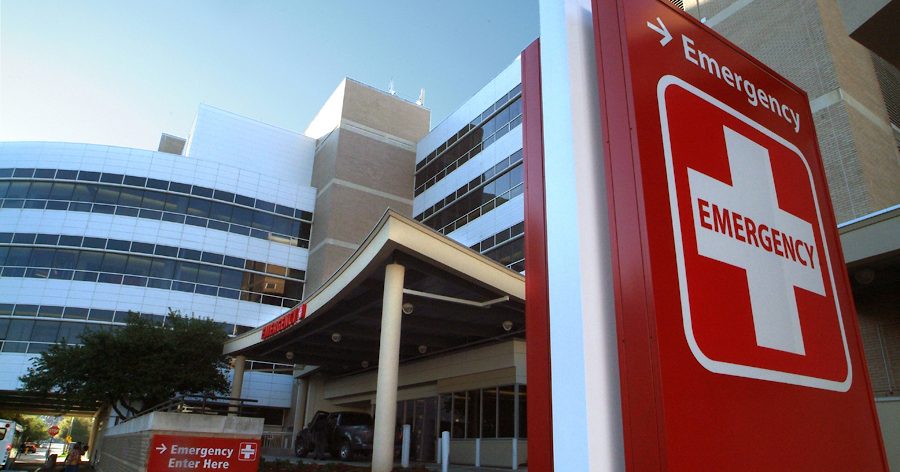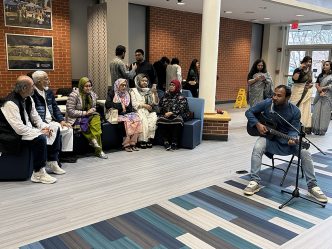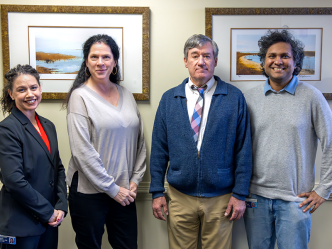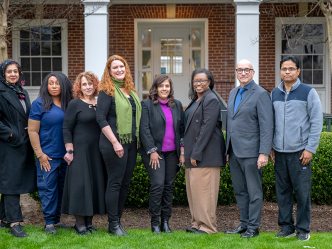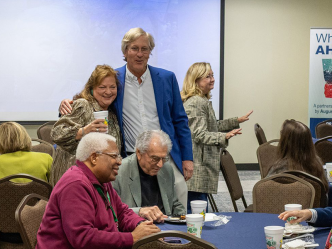A conference to train health care providers from across rural Georgia in the latest and best practices in emergency medicine will be held next month at the Medical College of Georgia at Augusta University.
The Rural Emergency Practice Conference, sponsored by the Georgia College of Emergency Physicians and MCG, is Feb. 9-10, on the Health Sciences Campus of Augusta University.
“Georgia is a largely rural state and in many rural hospital emergency departments it is hard to have an emergency medicine trained physician on staff at all times. They just don’t have the resources,” explains Dr. Matt Lyon, a 1999 MCG graduate and vice chair for academic programs and research in the MCG Department of Emergency Medicine and Hospitalist Services.
Georgia’s is one of many states in the midst of a rural health care crisis. Of the 159 counties in the state, 64 have no pediatricians; 79 have no obstetrician/gynecologists; and nine have no doctors at all. Chestatee Regional Hospital in Dahlonega closed in July, making it the 7th rural hospital to close in Georgia since 2010.
In the rural hospitals that are still open, “It’s not uncommon to have a nonemergency-medicine trained physician on duty in the emergency rooms,” Lyon says. “As the state’s medical school, we should be taking the lead in educating these physicians on the best practices in emergency care.”
This annual conference began in 2014. Prior to that, MCG emergency medicine physicians traveled around the state and country to teach these best practices piecemeal, at other groups meetings and conferences, Lyon says.
The two-day event will feature lectures on topics like emergency vascular access, the assessment and management of shock, the crashing neonate and sudden cardiac death. Participants also will participate in hands-on labs in point of care ultrasound; practice procedural skills in the cadaver lab, including invasive procedures that are difficult to practice but can be lifesaving in the emergency room; and hone their medical decision making in the university’s state-of-the-art Interdisciplinary Simulation Center.
“Our campus is so rich with resources that we are excited to be able to share with physicians across the state,” Lyon says. “Even board-certified emergency medicine physicians can benefit from this course, practicing high-risk procedures that are not performed often. When you need the skill to save a life, you are glad you practiced.”
Registration and the full agenda for the conference are available at www.gcep.org. Participants will earn 29 hours of continuing medical education credit upon course completion.
 Augusta University
Augusta University
